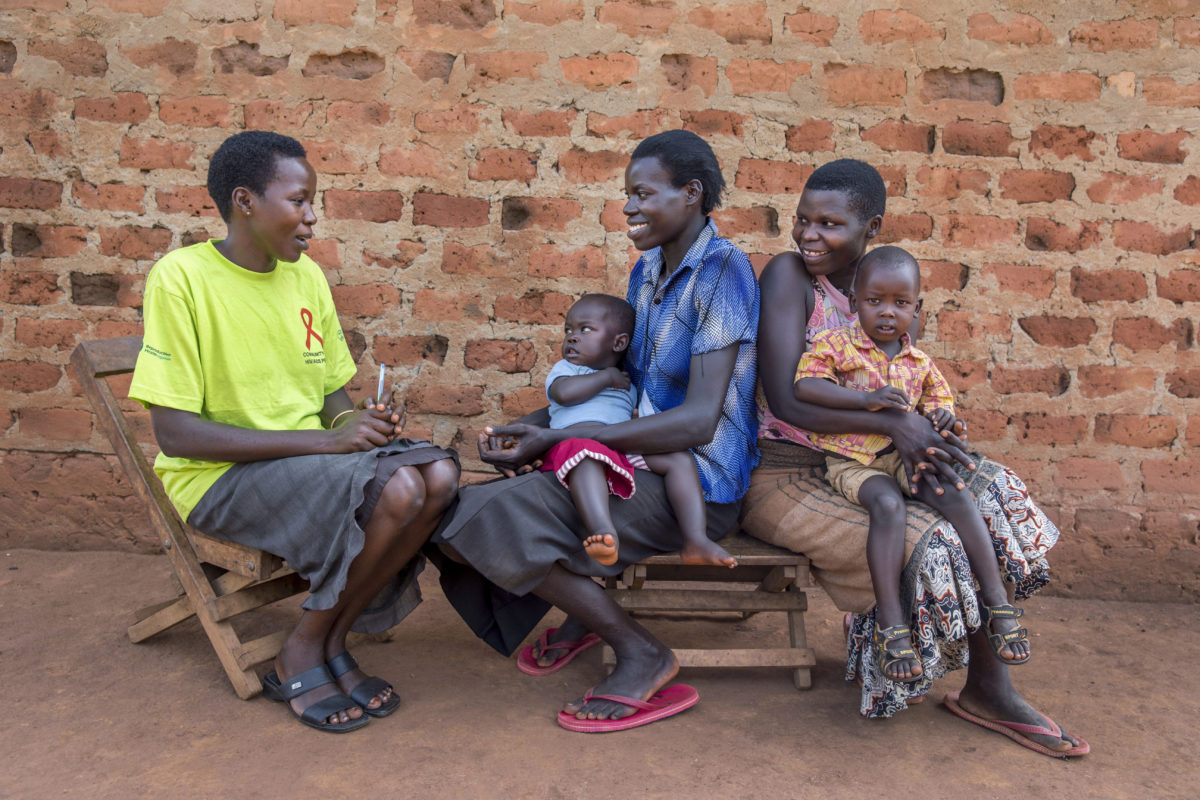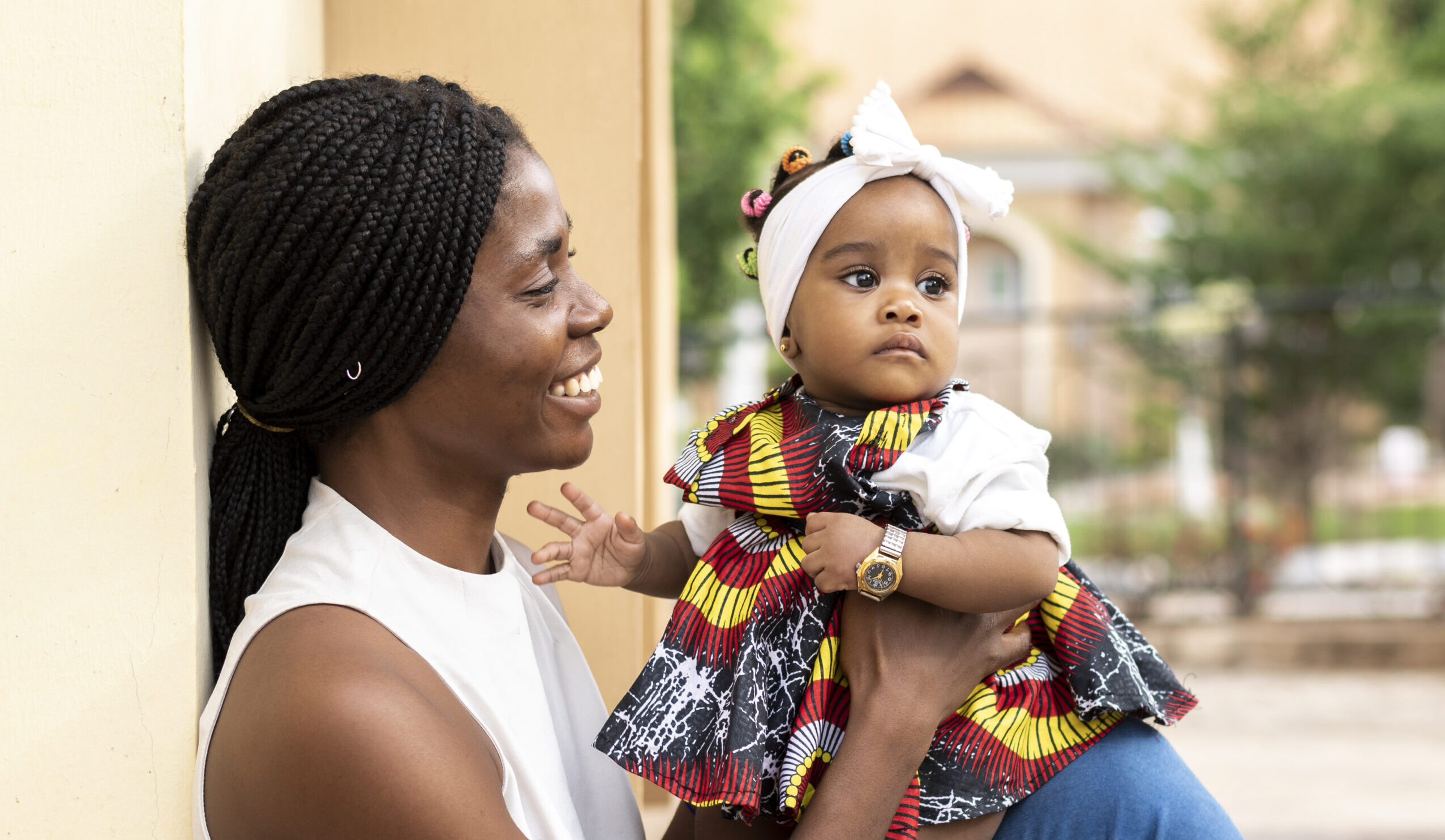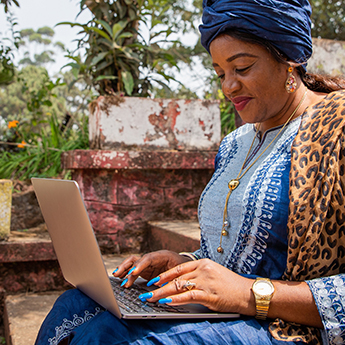
News
Implementation Stories: How Programs Use High Impact Practices and WHO Guidelines
May 10, 2021
In the News
Previous

News and Updates from FP2030
Next

Statement from Family Planning 2030 on the Future ...
Source: Knowledge Success
Topics:
Adolescents & Youth
Emergency Preparedness & Response
Integrating FP & HIV Services
Rights-Based Family Planning
Partners:
World Health OrganizationIn early 2020, the WHO/IBP Network and Knowledge SUCCESS Project launched an effort to support organizations to share their experiences using High Impact Practices (HIPs) and WHO Guidelines and Tools in Family Planning and Reproductive Health Programming. The initial call for concepts led to over 100 submissions from more than 30 countries. In June 2020, we selected the winners—15 organizations and authors received a stipend to document and tell their story in their own words and with their own images. Authors were encouraged to highlight the successes, challenges, and lessons learned implementing High Impact Practices in Family Planning and using WHO Guidelines and Tools in country-level programs.
Stories cover a range of topics from clinical service delivery to community engagement and showcase interventions in urban areas, rural and hard to reach places, and humanitarian settings. In addition, stories reflect work with a diversity of communities including men and boys, people with disabilities, youth and adolescents, and indigenous populations.
Most of the stories focus on service delivery interventions such as Mobile Outreach, Community Health Workers, Immediate Postpartum Family Planning, Drug Shops and Pharmacies, and FP Immunization Integration. There are also several that discuss Community Group Engagement, Supportive Policies, Domestic Public Financing, and Adolescent Responsive Contraceptive Services.
The WHO Medical Eligibility Criteria (MEC) and MEC Wheel, Family Planning: A Global Handbook for Providers, and the Family Planning Training Resource Package were applied in many of projects described in the stories. Other guidance—such as Ensuring Human Rights in the Provision of Contraceptive Information and Services, Quality Assessment Handbook, Guidance for Contraception for Women at High Risk of HIV, and selected WHO Guidelines for Adolescent Health—was also mentioned in some stories.








